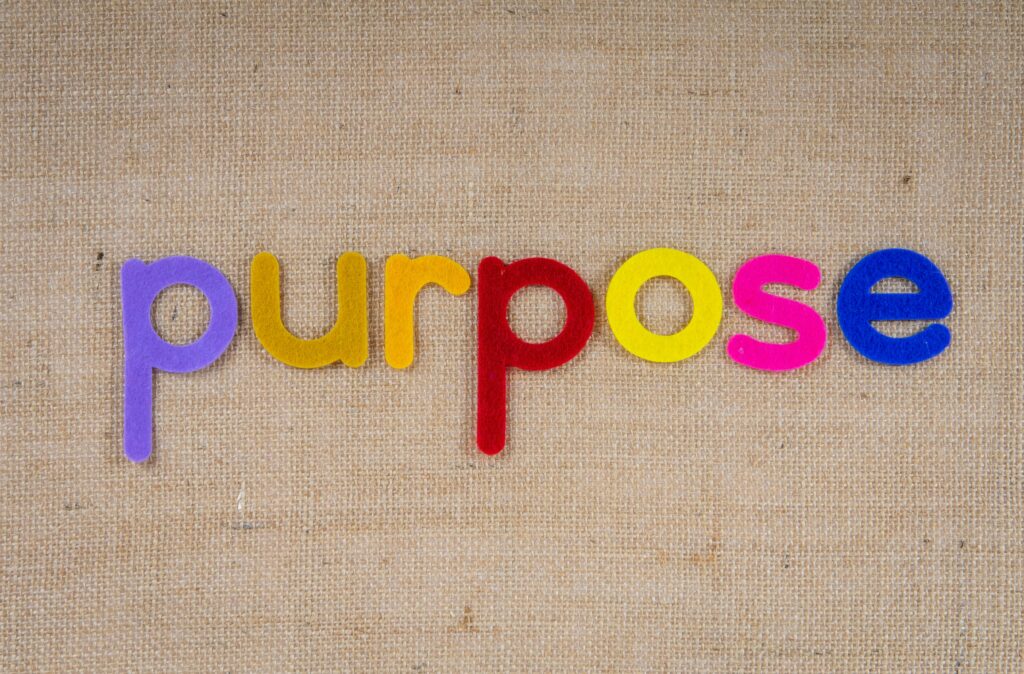Introduction
Life is full of choices. Big or small, every decision we make leaves behind an untaken path—a road not travelled. And with each choice, there is an inevitable companion: regret.
While it may seem counterintuitive to think about regret during decision-making, it’s an essential part of a meaningful life. We’re often told to pursue the best possible outcome, to make decisions that will eliminate future remorse. But what if the goal isn’t to avoid regret entirely—but rather, to choose the regret we can live with

The Unavoidable Reality of Regret
Christopher Hitchens once said, “In life, we must choose our regrets.” This quote reshaped the way I think about how we make choices. Instead of striving for perfection, I now ask myself, “Which regret can I live with?”
Imagine standing at a crossroads: Decision A or Decision B. No matter which path you take, the other remains a lingering “what if” that may follow you for years. This is where the decision-making framework of choosing regret becomes powerful. It acknowledges that regret is not always a sign of failure, but a natural consequence of opportunity cost.
For a long time, I thought making the “right” decisions at the “right” time could save me from regret. But life doesn’t work that way. Even the best choices come with sacrifices. Regret often arises not from bad decisions, but from lost possibilities. By reframing regret as a constant companion in decision-making—not a punishment we allow ourselves to choose with more clarity.
Choosing Regret as a Framework
When you’re facing a difficult decision, don’t just ask, “Which option do I want most?” Instead, ask: “Which regret can I live with?”
Would you rather regret walking away from a career opportunity for a relationship—or regret letting go of love to chase professional success? This is where choosing regret becomes a practical tool. Sometimes the clearest answer isn’t found in what we desire most, but in what regret we could never forgive ourselves for.
This approach gives you freedom. It shifts decision-making away from trying to find the “perfect” path, and toward finding the path you can live with regret and all.
A Resilient Decision-Making Framework
Adopting a decision-making framework based on choosing your regret isn’t about giving up. It’s about embracing trade-offs. Every meaningful path requires letting go of another. Accepting that regret is inevitable empowers you to move forward without being paralyzed by fear of making the wrong choice.
This framework encourages resilience. You’re not trying to dodge regret you’re building the strength to carry the right kind of regret. The kind that teaches you something. The kind that aligns with your values. The kind that doesn’t consume you.
Embracing Regret, Living with Purpose
Understanding that regret is part of the human experience helps us make more authentic choices. We stop chasing flawless decisions and instead make ones rooted in who we are and who we want to become.
By consciously choosing your regrets, you take control. You make peace with the inevitable and choose a path you can walk with clarity and courage.

Takeaways
- Regret is an unavoidable part of life.
- A powerful decision-making framework is to ask: Which regret can I live with?
- Choosing regret doesn’t mean settling it means choosing with awareness and strength.
- Use regret not as something to fear, but as a tool to guide you toward decisions that reflect your values and long-term goals.
- Make peace with your chosen regrets they are often the signposts of a life fully lived.
Recommendations: previous blog posts


This helped me a lot thank you for writing it.